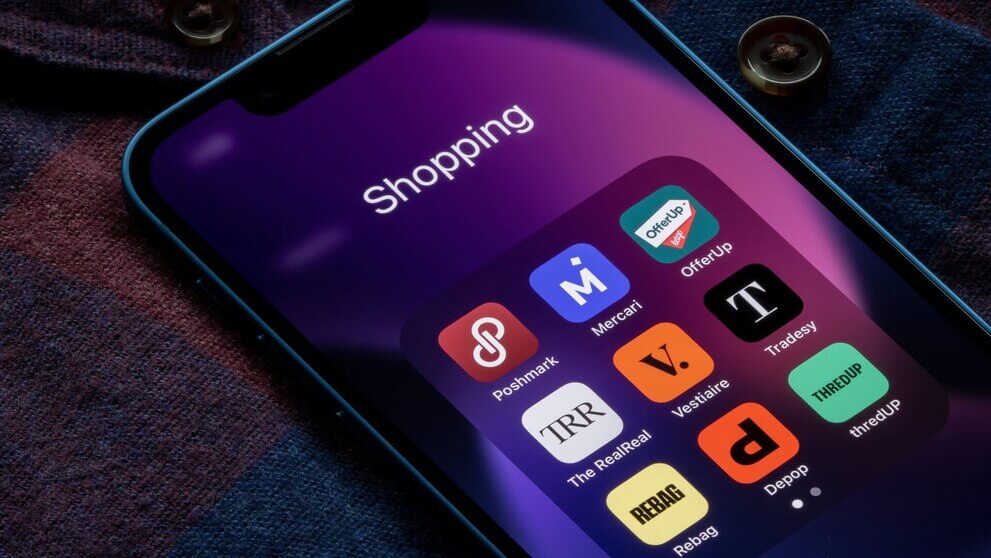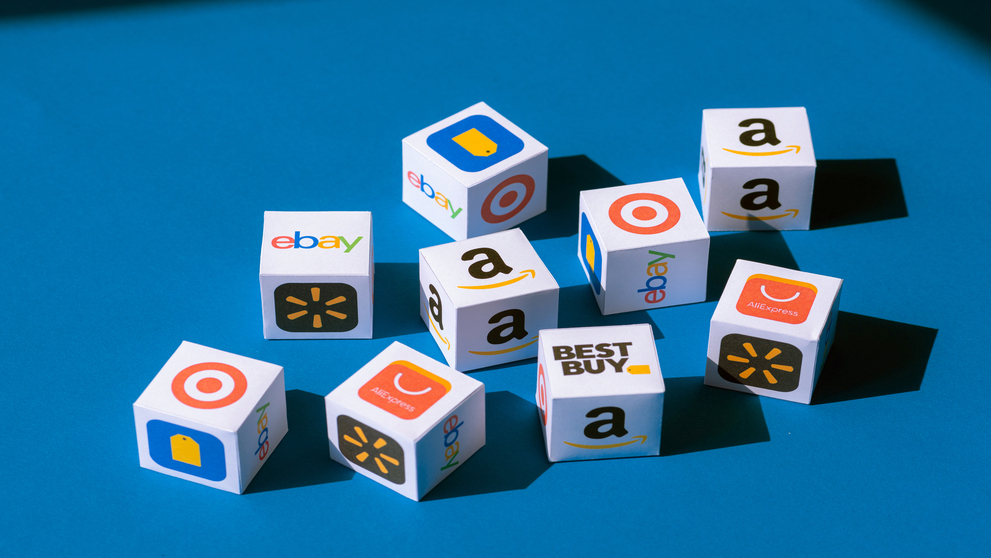In the past year, the COVID-19 pandemic drove up demand for health supplements. In the United States alone, there was a 44% increase in sales during the first wave of the pandemic, as found by Nutritional Outlook. According to a survey by the Council for Responsible Nutrition, 80% of Americans consume dietary supplements, a record high since 2019. When mapped against the global market, the upward trend is hard to miss. With the global dietary supplements market size amassing US$151.9 billion in 2021, as researched by Grand View Research, many experts believe this will only expand further. We can expect a compound annual growth rate (CAGR) of 8.9% from 2022 to 2030. This rise in increasing personal health awareness reveals a key insight: there are more health-conscious consumers today than ever before. This gives business owners an interesting opportunity to delve into.
What are the benefits of selling nutritional supplements online?
Here's a complete list of the benefits of selling nutritional supplements online:
More marketing opportunities in terms of building global brand awareness and growing customer base;
Zero investments in building a brick and mortar store, which allows focusing on your online vendor;
Shipping lanes from all parts of the world means you can receive supplements from global vendors and redistribute to your customers around the world
Can I sell vitamins online?
Some of the requirements for selling dietary supplements online include complying with the laws and regulations of the countries you are shipping to. For instance, if you’re shipping supplements to the United States, complying with the country’s Food and Drug Administration (FDA) is important. Some FDA regulations include the need for manufacturers and retailers to include the product name, a dietary supplement claim, the manufacturer’s name, address, packers and distributors, nutritional information, serving size, and whom to contact in the event of adverse reactions upon consumption, on all product labels. Companies supplying supplements to customers in Australia, on the other hand, must, among other criteria, have their products evaluated and registered under the Therapeutic Goods Administration (TGA) for safety and quality.
How do you successfully sell supplements online?
You can leverage SEO to gain more traffic to your e-commerce website. For example, you can improve the user interface on your online store in ways that appear trustworthy and welcoming to visitors. This way, they are inclined to keep browsing your site, enabling you to reduce your site’s bounce rate.
Shopify Payments also make online check-outs incredibly easy but as a business owner, you should pay attention to a few caveats. As indicated in their terms of service, the platform prohibits businesses from using its payment gateways to sell pseudo pharmaceuticals or any products that claim a health benefit without approval from an appropriate national regulatory body. In this case, you should carefully check whether your products are eligible for sale on the website.
2. How to sell supplements on marketplaces like Amazon and eBay?
Amazon has dominated the digital retail landscape ever since it launched in 1994. Supplement sales in 2021 saw 54% year-over-year growth on Amazon, reported a retail analytics provider ClearCut. With 92% of consumers more likely to shop on Amazon than other marketplaces, as revealed in Feedvisor’s 2021 Amazon Consumer Behaviour Report, it’s no surprise that selling your supplements on Amazon is a good way to reach your target clientele.
While large health supplement brands like Twinlab, Reserveage, Goli Nutrition and many more already occupy significant real estate on Amazon, it is still a profitable platform to consider if you’re kick starting a venture in the industry. Despite the competition, Amazon’s extensive consumer reach across markets and benefits gained from the trust in Amazon makes it a good platform to sell your goods.
If you’re looking for a less saturated marketplace, head to eBay. Indeed, the website is older and vastly overlooked but still boasts considerable traffic. With a user base of over 182 million people, you have plenty of opportunity to create awareness of and market your supplements.
These online marketplaces come built with intuitive features that make selling a breeze. Simply set up a seller account, create, manage and apply best SEO practices for your product listings, activate the payment gateways and partner with an express delivery provider to ship your supplements from Malaysia to the rest of the world.
3. How to sell your health supplements on social media?
According to a collaborative survey by Hootsuite and We Are Social and reports by GWI, 4.65 billion people or 58.7% of the global population use social media as of April 2022, with internet users spending around 2 hours on these platforms every day. With 2.93 billion Facebook users and about 1 billion Instagram users in 2022, as found by Statista, it’s clear that social media marketing is an essential element to your consumers’ shopping experience. Consider engagement-worthy organic posts where you can build a community around your brand, or allocate some budgets to ads to reach your target markets more effectively. Your social selling strategy, however, requires more deliberate moves since users have shorter attention spans and only consume quality content, preferably user generated. You can partner with micro-influencers who can create greater brand awareness and consideration for your health supplements, by turning their real-life experiences into positive and convincing case studies.
Spread health & wellness one sale at a time
More people today are seeking health supplements as a solution to meet their daily nutrient requirements. This makes it a profitable consumer good among businesses wanting to expand their product offerings or budding entrepreneurs looking for a head start. With the right tools, understanding of where you can sell these health supplements, alongside clear guidelines on shipping them overseas, you’re on your way to making it big in the industry. Leverage the growing international health supplements market and support a global health movement!


























